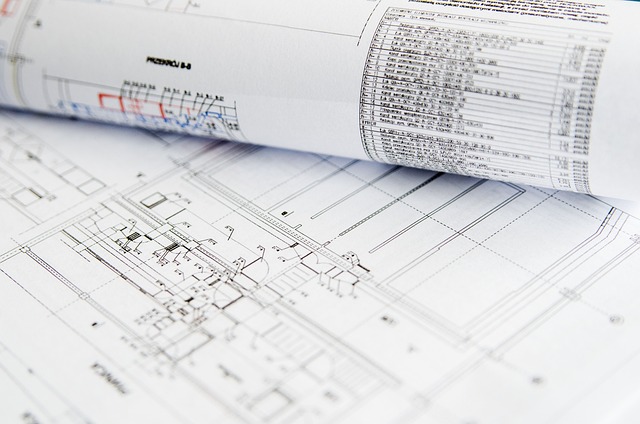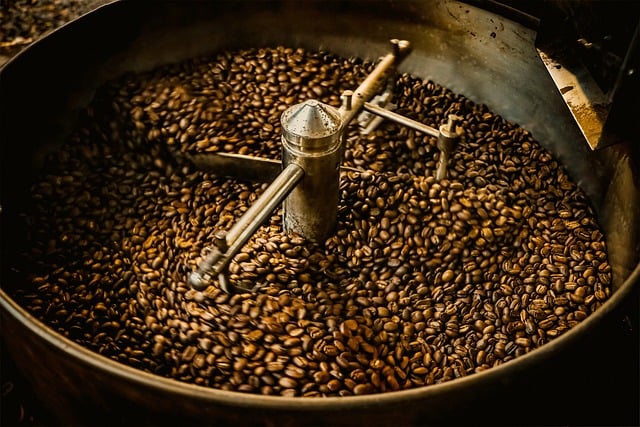The Architect of Modern Russia: Putin's Ascent

Vladimir Putin's rise from KGB officer to President shaped modern Russia. Emerging from the turbulent 1990s, he consolidated power, aiming to restore stability and Russia's global standing after the Soviet Union's collapse. His leadership established a strong central state ('power vertical') deeply intertwined with the economy. Grasping this trajectory is key to understanding his strategic decisions affecting global markets.
Russia's Economic Engine: State Control and Global Reach
Under Putin, Russia leveraged vast oil and gas reserves to stabilize its economy, build foreign currency reserves, and pay down debt. State-controlled giants dominate strategic sectors, influencing energy prices and global supply. While creating opportunities, this structure presents challenges for foreign businesses, including opaque regulations and preferential treatment for connected firms. Western sanctions, especially post-2014 and 2022, have profoundly reshaped trade, investment, and access to finance.
Geopolitics as Business Reality: Strategy and Spillover

Putin's foreign policy seeks to assert Russian influence, counter perceived NATO expansion, and secure strategic interests. Actions like the annexation of Crimea, military intervention in Syria, the full-scale invasion of Ukraine, and cultivating ties with nations like China and Iran directly impact global business. Expect market volatility, supply chain disruptions (e.g., grain, energy), shifting alliances (like BRICS expansion), and sudden regulatory changes tied to geopolitical events.
Operating in Russia: Navigating Risk and Relationships
Successfully doing business involving Russia demands acute awareness of its unique environment. Beyond formal laws, understanding informal networks, bureaucratic hurdles, and the emphasis on personal relationships is crucial. Transparency initiatives combat corruption, but vigilance remains essential. The legal landscape can shift, requiring constant monitoring and adaptability.
Sanctions: Understanding the Ever-Shifting Landscape
International sanctions imposed on Russia, particularly after 2022, are extensive and complex, targeting finance (SWIFT restrictions, central bank assets), technology (export controls), energy, and individuals. Businesses worldwide must ensure strict compliance to avoid severe penalties. This involves screening transactions, understanding sectoral restrictions, and adapting supply chains to mitigate exposure, often requiring withdrawal or significant operational changes.
Future Trajectories: Key Trends for Businesses
The future business landscape related to Russia remains uncertain, heavily influenced by the war in Ukraine, the evolution of sanctions, and internal political dynamics. Key trends to monitor include Russia's deepening ties with China and the Global South, the long-term impact of technological decoupling, potential shifts in domestic policy, and the global energy transition's effect on Russia's core revenues. Strategic foresight and agility are paramount for businesses navigating this complex geopolitical context.